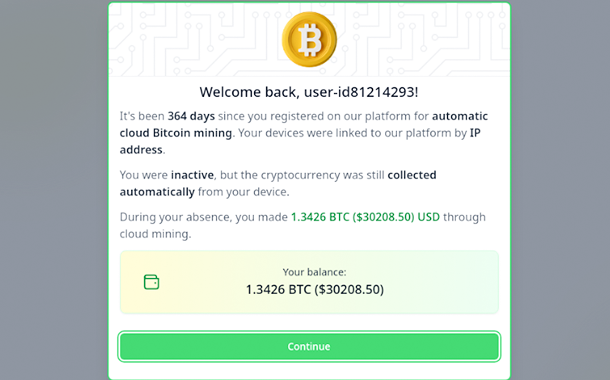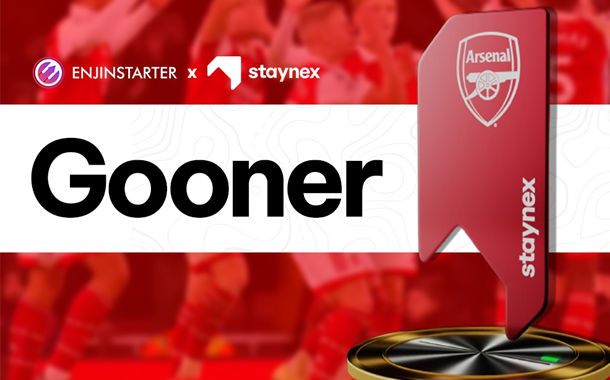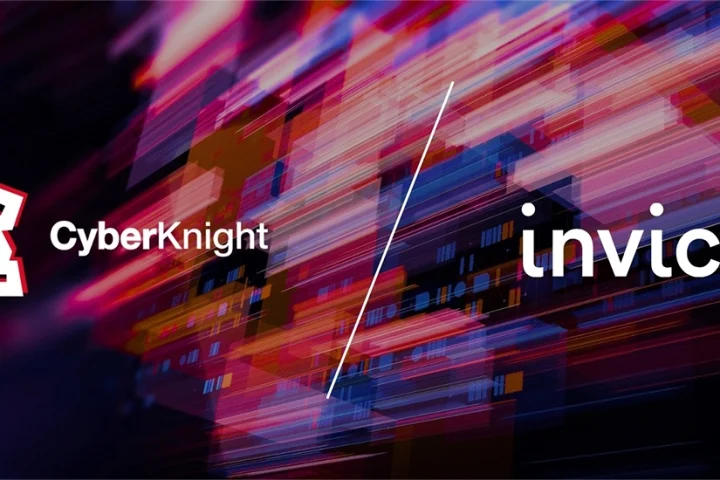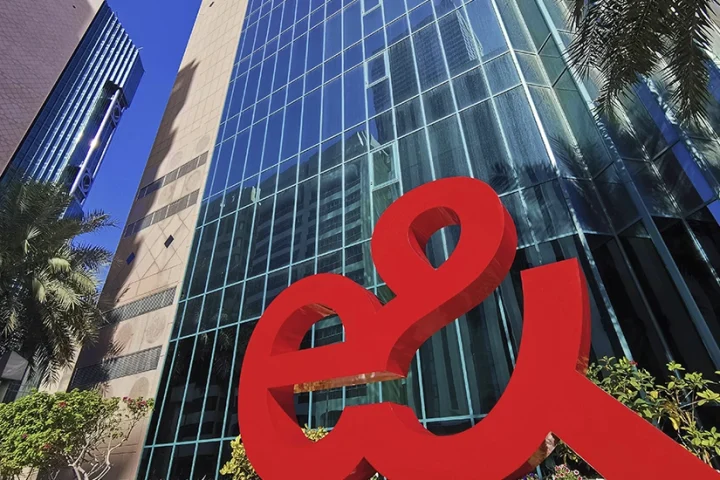Announced on 18 June, the combination of Calibra and Libra, heralds Facebook’s arrival into the realm of cryptocurrency and instant payments. The ripple ramifications are huge and promise to be polarised. Jeremy Samuel, Founder and CEO, MetaliCoin – Digital Metal Exchange, answers deep dive questions raised by BT’s Arun Shankar.
BT: What are the plus points of this initiative by Facebook for its current and future members?
Jeremy Samuel: The most positive thing about Libra is that the subject of crypto currency has suddenly become very mainstream. It raises very real questions about the current financial system, how to bring financial inclusion to the unbanked and the role of regulators and private companies. To date, crypto currencies like Bitcoin and Ethereum have had to build user communities. Bitcoin has, perhaps, 10 million users.
But Facebook and the other Libra Association members, bring billions of users and give them the ability to transact value over the existing platforms including WhatsApp, Instagram, Facebook Messenger, and probably – eventually, Facebook itself.
By making it very easy for people to use existing platforms that they know and trust, Libra makes sending value using digital currency, easy for a huge number of people. Doing this without going through the banking networks and potentially without government oversight, raises the prospect of trillions of dollars and billions of transactions happening in Libra. This could make Libra a default reserve currency that is outside of any other national currency. Is that a plus? I guess it depends on your perspective.
BT: What are the challenges and fall out issues of this initiative by Facebook, considering that Libra has already announced that no member including Facebook can control the open source?
Jeremy Samuel: A point of clarification, the source code is open source. The control of what gets implemented in the core is up to the Libra Association, which Facebook definitely has a big say in, if not control. Every open source project has a mechanism to decide what is included and what is not, otherwise it would just be chaos. For example, the Linux Foundation for Linux, Bitcoin Foundation for Bitcoin.
The key challenges are regulatory and technical.
Libra moves control of currencies from national governments and central banks to a consortium of for-profit corporations including Facebook and Uber. This means that things like ownership of transaction data, considered the equivalent of oil in a technical economy, is also moved to these corporations.
It reduces the governments’ ability to control the money supply, which can be important during economic downturns. It may make collecting tax revenue harder. It places a huge amount of power in the hands of the Libra Association and the corporations that back it, the banks and merchants they choose to work with will profit enormously, those excluded could find it hard to stay in business. From a crypto-currency perspective, Libra is highly centralised in corporate hands where the aim of many in crypto is to create de-centralised networks governed by a very wide range of users.
How can regulators or the public stop members of the Libra Association to access the data from Libra and profiting from it? A lot of the policy has not yet been made. The buy-in to become a mining member is very high – $10M at present, so ordinary people cannot mine.
The system uses a closed consensus mechanism and is not currently a true blockchain, so it is possible that it will be quite opaque in its operation. They promise to move to a more open and proof of stake mechanism, but that also has issues
BT: As long as the financial accounts are regularly disclosed similar to any commercial entity or transaction, where is the downside of the initiative in terms of financial disclosures?
Jeremy Samuel: The key issue is access to data. If a massive number of transactions are conducted via Libra, the Association has incredible access to data. Experience so far is that global corporations cannot avoid the temptation to monetise the data trove.
This also has the potential to massively concentrate financial power in the hands of Libra Association members and cause significant disadvantage to those excluded from the club.
BT: Facebook will have the same access to personal financial information that Visa, MasterCard, and others already have, so again where is the downside in terms of access to personal information and privacy?
Jeremy Samuel: MasterCard and Visa do not have access to 2 billion people’s social graph. Facebook is starting with that and then seems intent on having a large chunk of their transactional data as well. Pretty much creates a global monopoly. Also, MasterCard and Visa have anonymised data. It is still of massive value, but maybe an order of magnitude less than personalised, preference-based data.
BT: Is this likely to be a tipping point or watershed moment for cryptocurrency and social communities of any sort? We already have huge social traction around the innovative Chinese social apps and forums like AliPay, WeChat, Baidu, Kuaishou, in tens of millions of users and so on, and the English language forums are merely in a catch-up mode at this stage.
Jeremy Samuel: This is a tipping point for crypto-currency. Facebook is making crypto a mainstream conversation. Even if Libra is not successful, the fact that such massive companies are getting behind a digital currency gives the whole space huge credibility. WeChat and AliPay are far advanced in China. They are more stored value solutions than digital currency, but in the eyes of consumers it is a very seamless experience. It gives them the idea that their mobile phone is a payment mechanism.
Apple Pay and Google Pay have made much smaller in-roads in the West. So yes, in that sense, the English forums are in catch up. Libra moves that forward a long way.

Key takeaways
Pros
- If massive number of transactions are conducted via Libra, the Association has incredible access to data.
- If Libra is not successful, companies getting behind a digital currency give huge credibility.
- The English social forums are in catch up and Libra moves that forward a long way.
Cons
- Libra moves control of currencies from governments to a consortium.
- Ownership of transaction data, equivalent of oil, is moved to this corporation.
- Libra reduces governments’ ability to control money supply, which can be important during economic downturns.
- Libra places power in the hands of the Association that back it.=
- Organisations excluded from Libra could find it hard to stay in business.
- Libra is highly centralised in corporate hands, whereas the aim of crypto is to create de-centralised networks.
- Libra uses closed consensus mechanism and is not currently a true blockchain.
- MasterCard and Visa have anonymised data, an order of magnitude less than personalised data.


Facts about Libra
Libra’s mission is to enable a simple global currency and financial infrastructure that empowers billions of people. For too many, parts of the financial system look like telecommunication networks pre-Internet. All over the world, people with less money pay more for financial services. Hard-earned income is eroded by fees, from remittances and wire costs to overdraft and ATM charges.
Payday loans can charge annualised interest rates of 400% or more, and finance charges can be as high as $30 just to borrow $100. When people are asked why they remain on the fringe of the existing financial system, those who remain unbanked point to not having sufficient funds, high and unpredictable fees, banks being too far away, and lacking the necessary documentation.
Blockchains and cryptocurrencies have a number of unique properties that can potentially address some of the problems of accessibility and trustworthiness. These include distributed governance, which ensures that no single entity controls the network; open access, which allows anybody with an Internet connection to participate; and security through cryptography, which protects the integrity of funds.
But existing blockchain systems have yet to reach mainstream adoption. Mass-market usage of existing blockchains and cryptocurrencies has been hindered by their volatility and lack of scalability, which have, so far, made them poor stores of value and mediums of exchange. Collaborating and innovating with the financial sector, including regulators and experts across a variety of industries, is the only way to ensure that a sustainable, secure, and trusted framework underpins this new system. And this approach can deliver a giant leap forward toward a lower-cost, more accessible, and more connected global financial system.
The world truly needs a reliable digital currency and infrastructure that together can deliver on the promise of the Internet of money. Now is the time to create a new kind of digital currency built on the foundation of blockchain technology. The mission for Libra is a simple global currency and financial infrastructure that empowers billions of people.
The Libra currency is built on the Libra Blockchain. Because it is intended to address a global audience, the software that implements the Libra Blockchain is open source — designed so that anyone can build on it, and billions of people can depend on it for their financial needs. Imagine an open, interoperable ecosystem of financial services that developers and organisations will build to help people and businesses hold and transfer Libra for everyday use.
The unit of currency is called Libra. Libra will need to be accepted in many places and easy to access for those who want to use it. In other words, people need to have confidence that they can use Libra and that its value will remain relatively stable over time. Unlike the majority of cryptocurrencies, Libra is fully backed by a reserve of real assets.
A basket of bank deposits and short-term government securities will be held in the Libra Reserve for every Libra that is created, building trust in its intrinsic value. The Libra Reserve will be administered with the objective of preserving the value of Libra over time.
The Libra Association is an independent, not-for-profit membership organisation headquartered in Geneva, Switzerland. Members of the Libra Association will consist of geographically distributed and diverse businesses, nonprofit and multilateral organisations, and academic institutions.
The initial group of organisations that will work together on finalising the association’s charter and become Founding Members upon its completion are: Mastercard, PayPal, PayU, Stripe, Visa, Booking Holdings, eBay, Facebook Calibra, Farfetch, Lyft, Mercado Pago, Spotify AB, Uber Technologies, Iliad, Vodafone Group, Anchorage, Bison Trails, Coinbase, Xapo, Andreessen Horowitz, Breakthrough Initiatives, Ribbit Capital, Thrive Capital, Union Square Ventures, Creative Destruction Lab, Kiva, Mercy Corps, Women’s World Banking.
100 members of the Libra Association are expected by the target launch in the first half of 2020. Once the Libra network launches, Facebook, and its affiliates, will have the same commitments, privileges, and financial obligations as any other Founding Member. As one member among many, Facebook’s role in governance of the association will be equal to that of its peers.





















